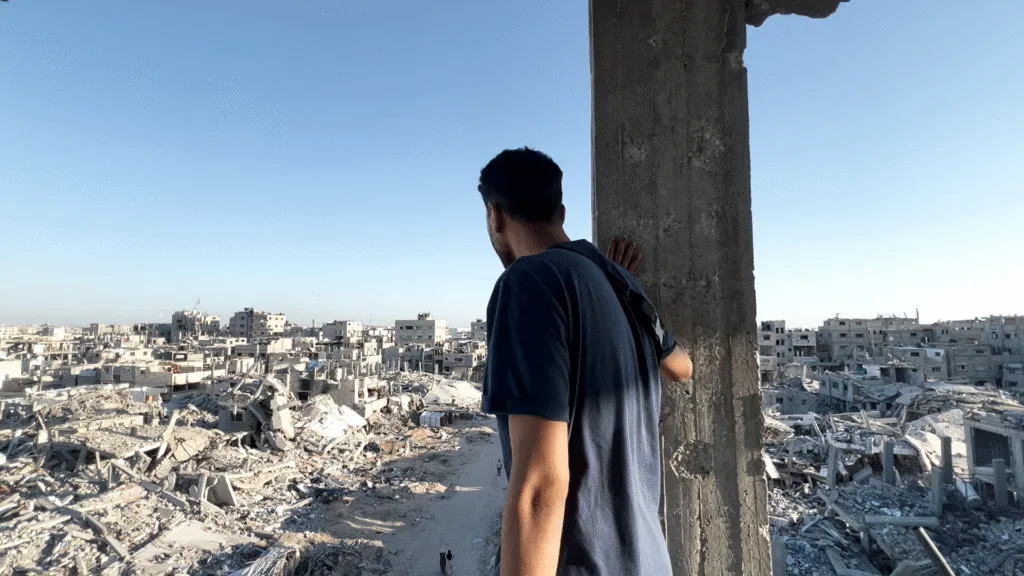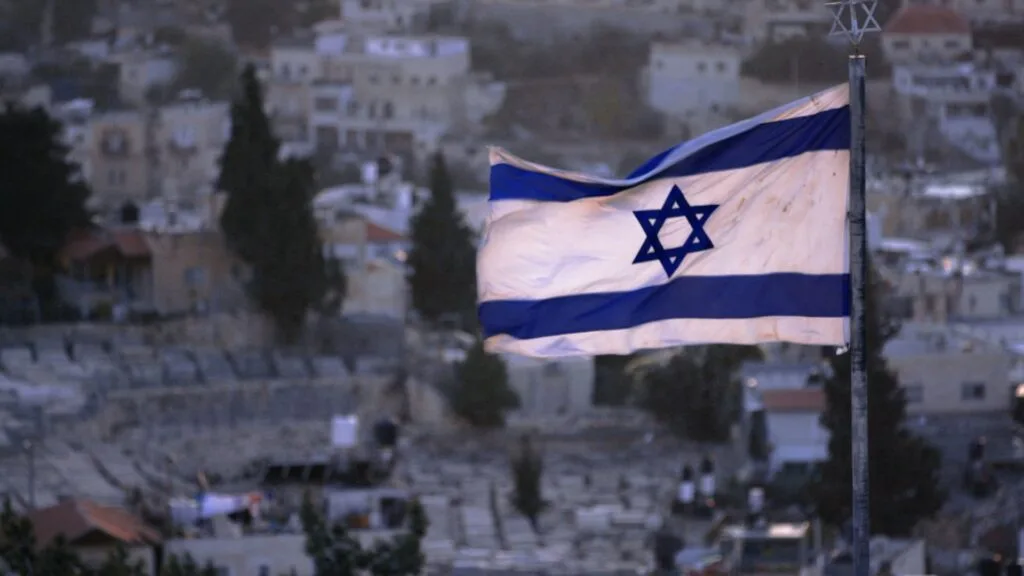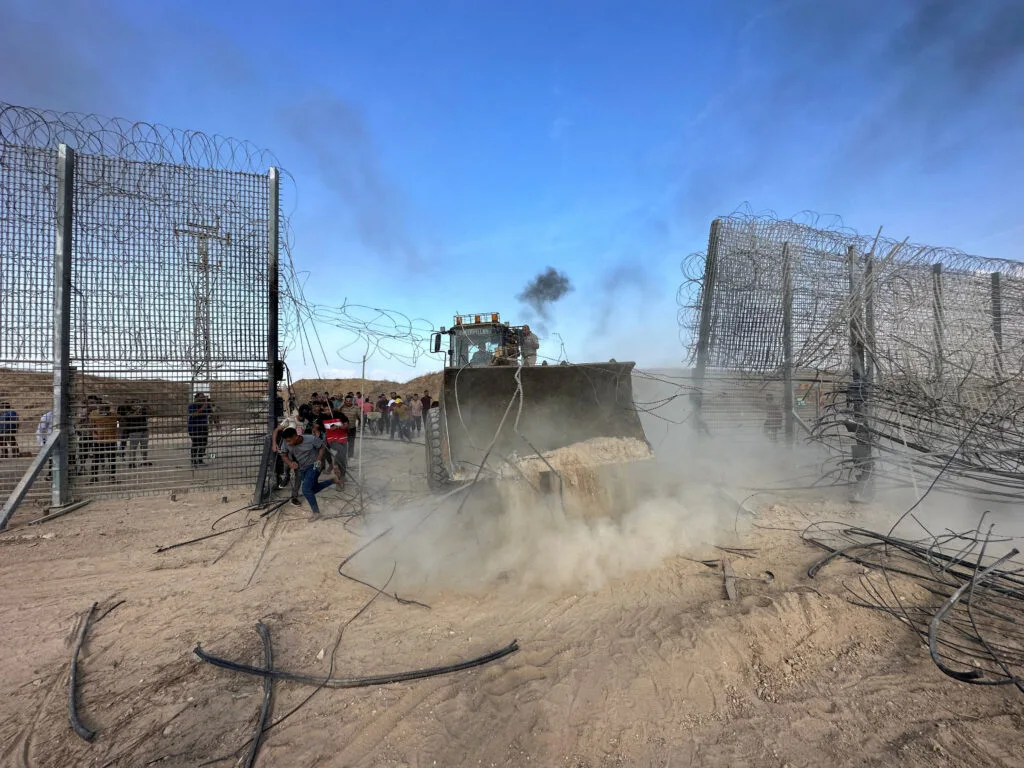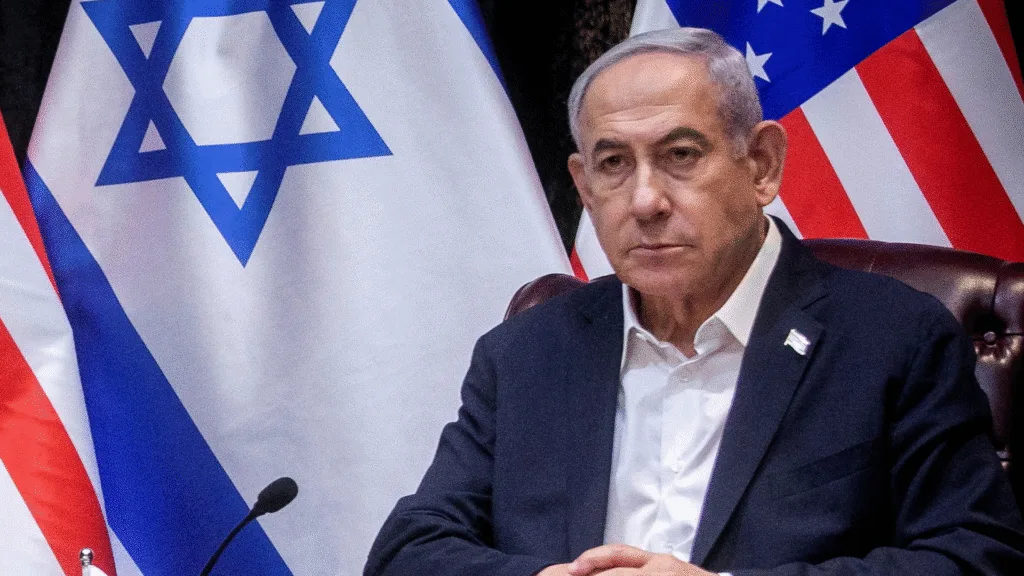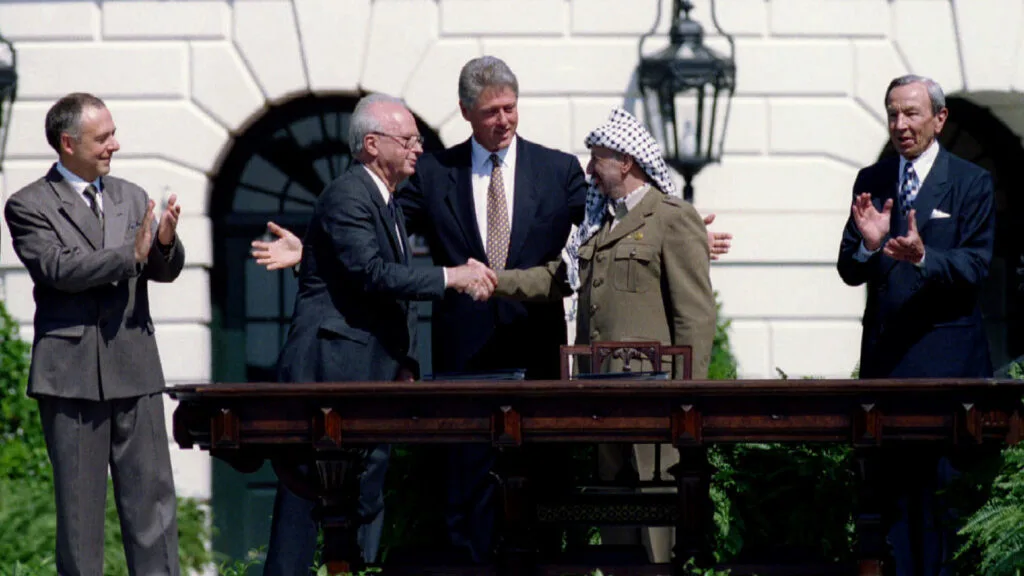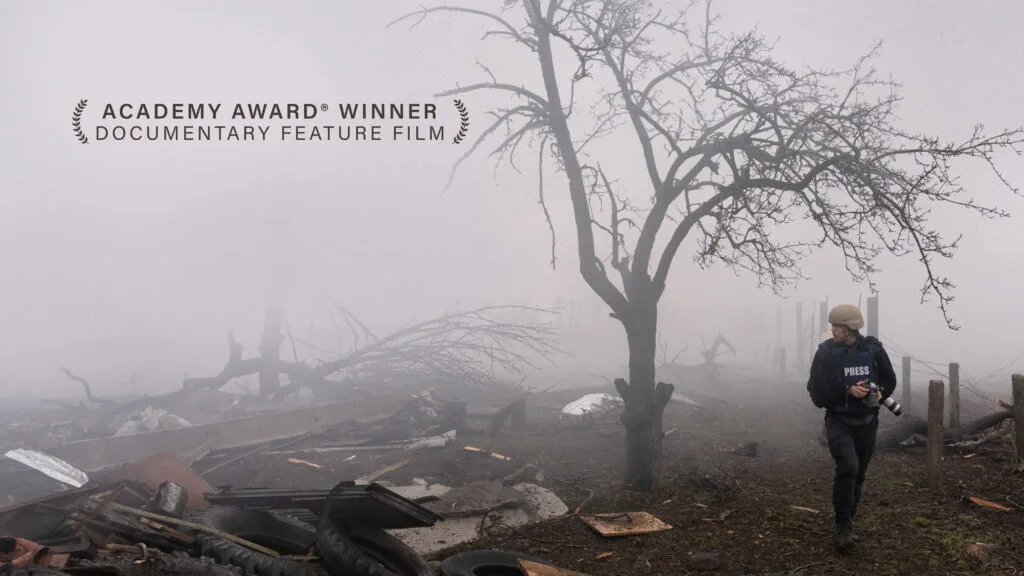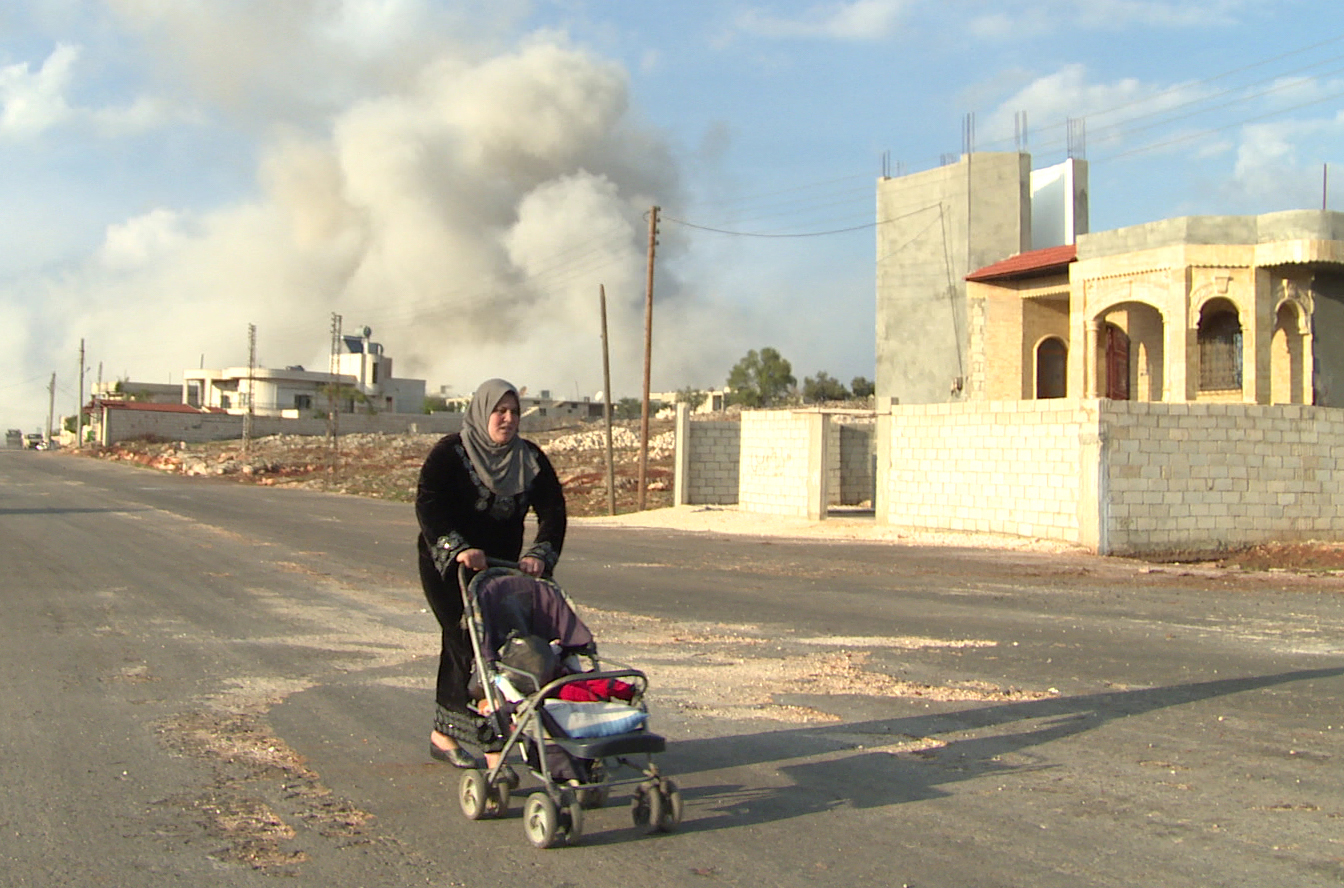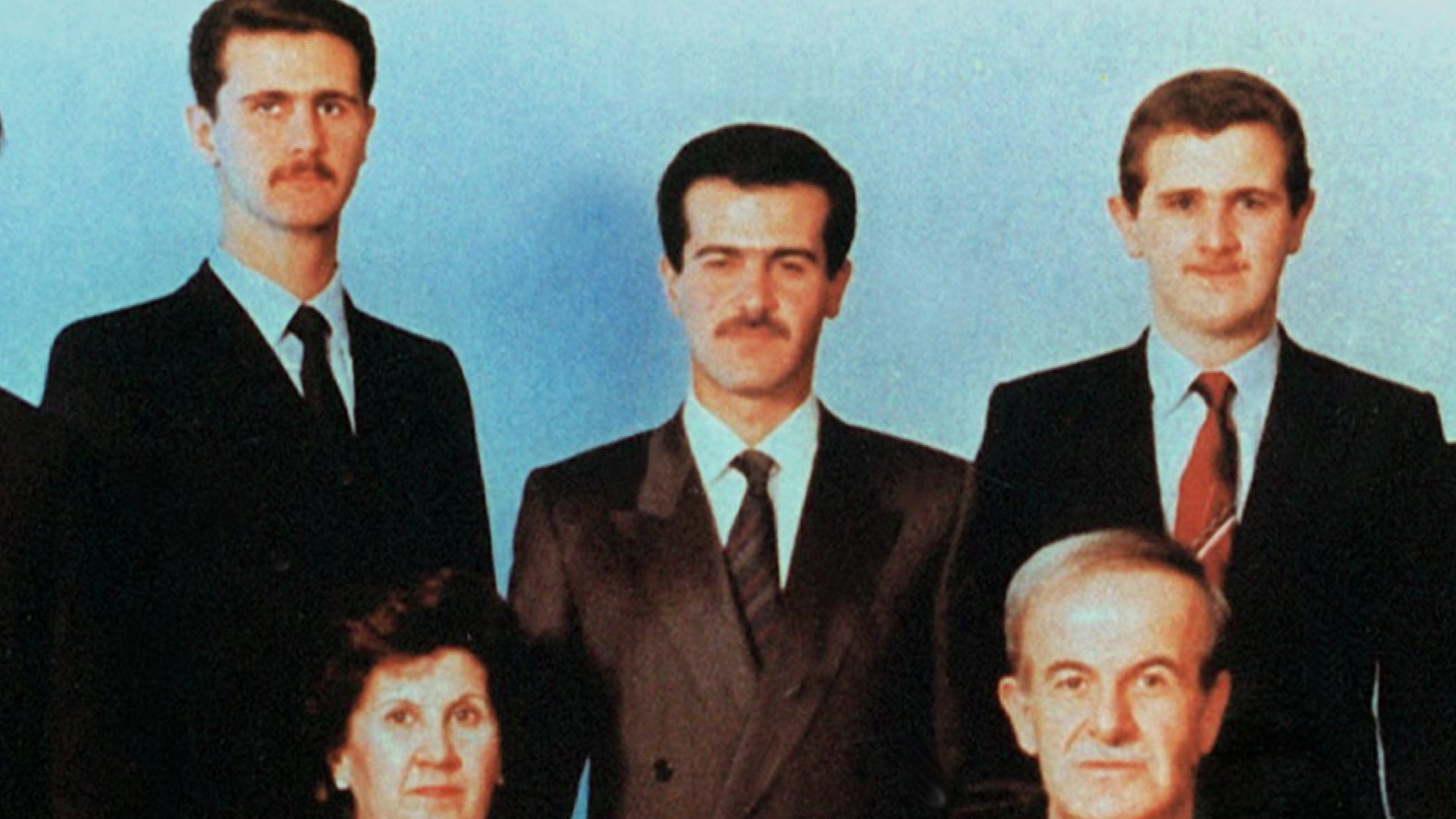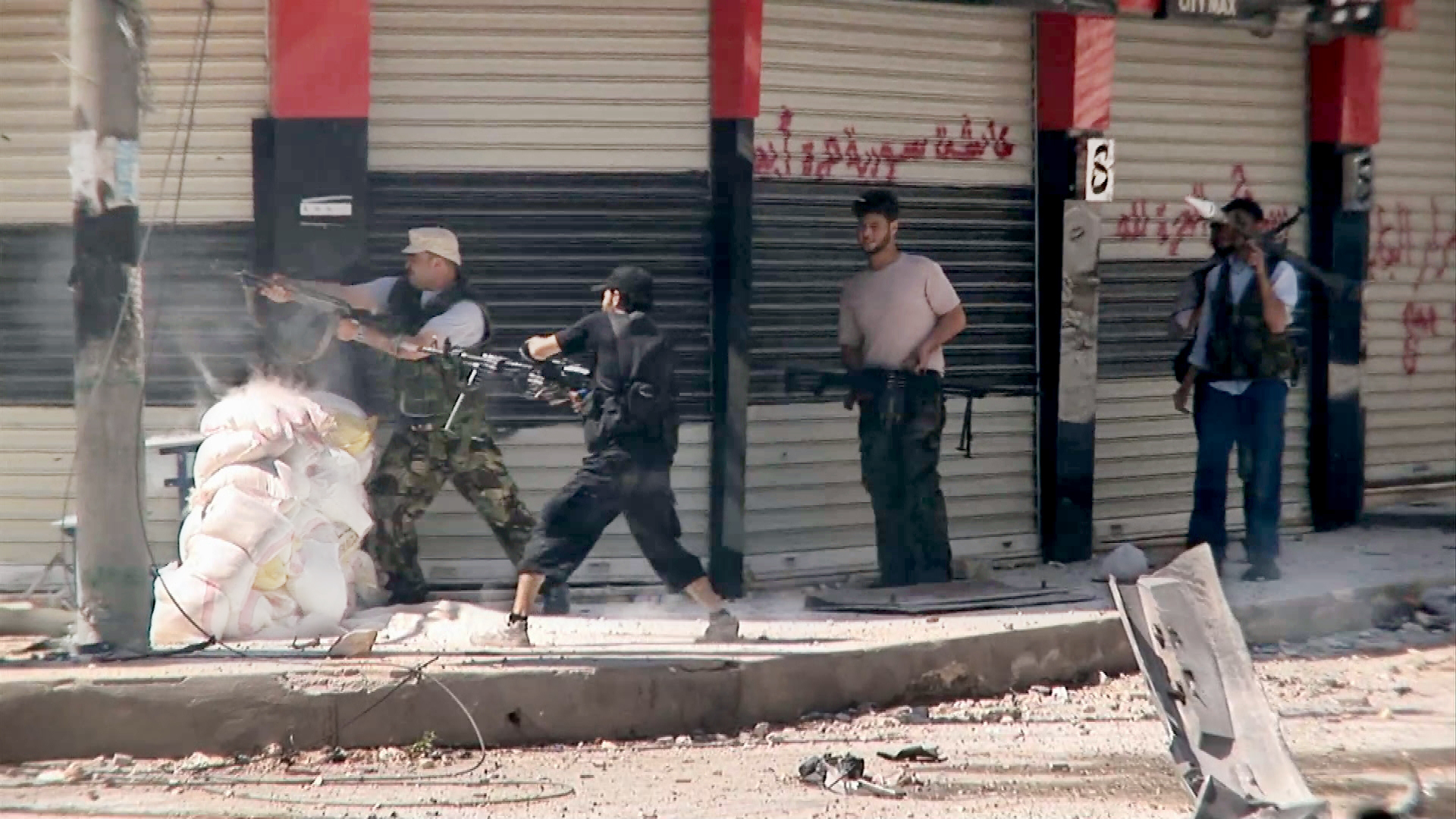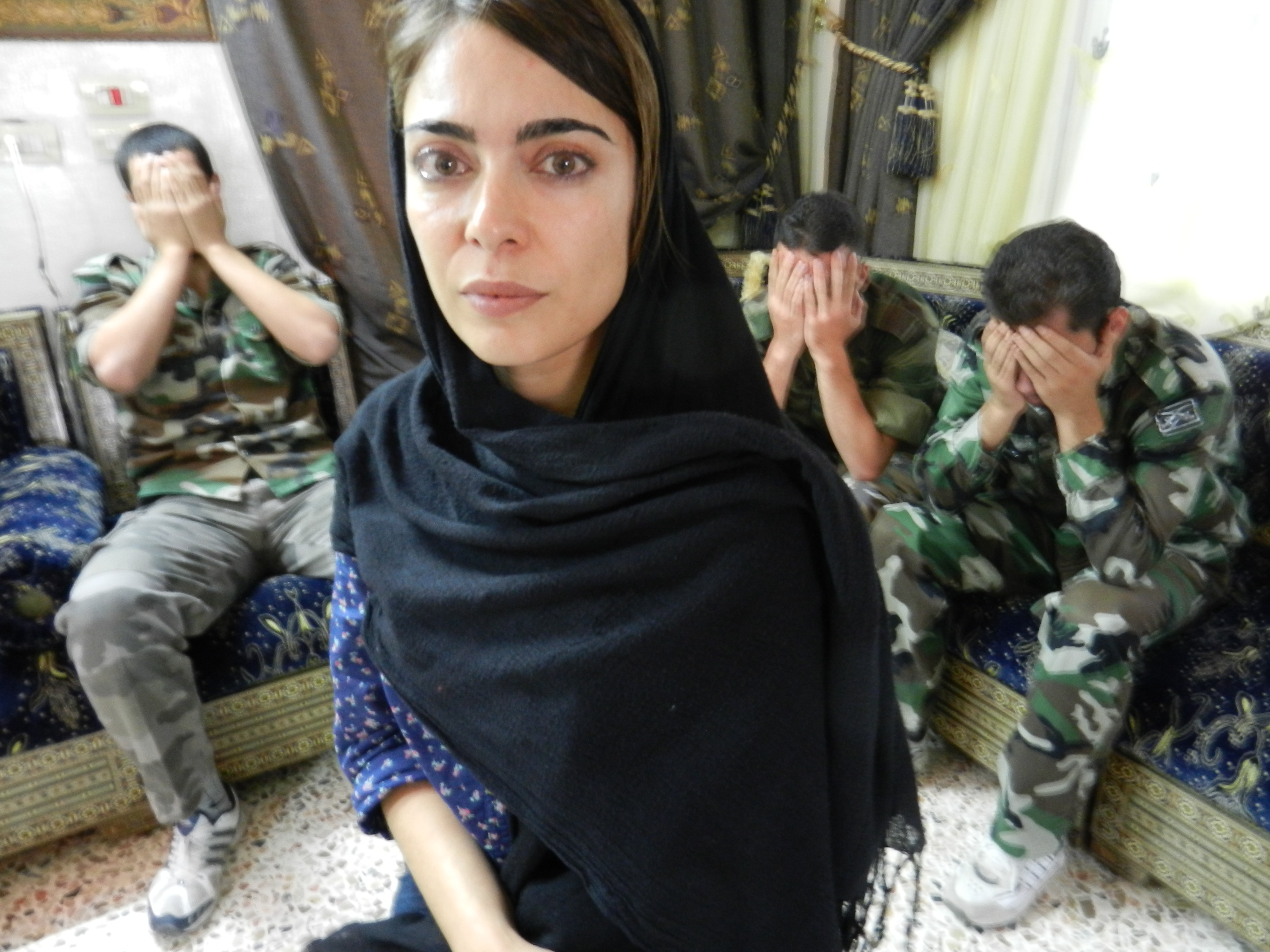Syria Calls Arab League Suspension “Extremely Dangerous Step”
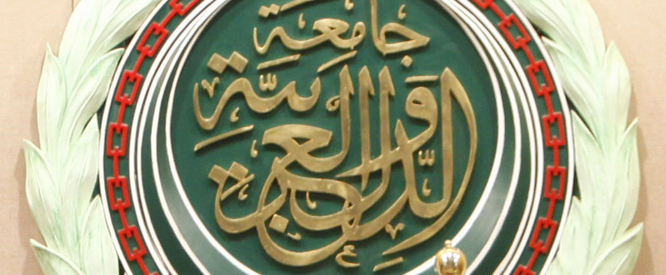
November 14, 2011
Share
Syrian foreign minister Walid al-Moallem today called the Arab League’s Saturday vote to suspend Syrian membership in the 22-nation organization “an extremely dangerous step” and announced that the government has taken actions to comply with the terms of a peace plan proposed by the league.
The suspension, backed by 18 of the league’s 22 members, with Syria, Lebanon and Yemen opposing while Iraq abstained, has been called “the strongest statement yet by the international community” and a particularly decisive step for an organization that has long been criticized for its “ineffectiveness, disunity and poor governance.”
“The vote took Syria by real shock; it’s outraged,” scholar Joshua Landis told FRONTLINE. “The vote means a lot because it legitimizes greater pressure for countries like Turkey and Saudi Arabia to act.”
Though NATO Secretary General Anders Fogh Rasmussen said that a NATO-led military intervention like that carried out in Libya has been “ruled out,” the suspension could put pressure on regional powers and the United Nations Security Council to take more decisive action against the Assad regime.
In an interview this morning with the BBC, Jordan’s King Abdullah became the first Arab leader to call for Assad to step down. “If Bashar has the interest of his country, he would step down, but he would also create an ability to reach out and start a new phase of Syrian political life.”
Foreign minister Al-Moallem defended the Assad regime at a televised press conference. He claimed that Syria had withdrawn troops from urban areas and released political prisoners, and apologized for attacks pro-Assad mobs carried out against the embassies of Turkey, Quwait, Saudi Arabia and France shortly after the suspension was announced. He also said he was confident that China and Russia, which vetoed a UN Security Council resolution condemning Syria last month, would continue to oppose similar resolutions.
The battle between the regime and the opposition could be long and bloody, but analysts warn that regime change could run the risk of sparking a sectarian civil war with long-lasting impacts in the region. As New York Times correspondent Anthony Shadid said in our film The Regime:
When the Arab revolts began at the beginning of the year, there was so much hope. But what we’re seeing with Syria is the danger, is the flip side of those Arab revolutions. Civil war in Syria would have reverberations immediately in the rest of the region. And I think everyone’s bracing themselves for that.
Dig Deeper:
As Syria becomes more and more isolated in the international arena, who are its allies? Find out in our guide to How the World Stacks Up on Syria.
Learn more about the origin and evolution of the Arab League in this Council on Foreign Relations’ Backgrounder.
Related Documentaries
Latest Documentaries
Related Stories
Related Stories
Explore
Policies
Teacher Center
Funding for FRONTLINE is provided through the support of PBS viewers and by the Corporation for Public Broadcasting, with major support from Ford Foundation. Additional funding is provided the Abrams Foundation, Park Foundation, John D. and Catherine T. MacArthur Foundation, Heising-Simons Foundation, and the FRONTLINE Trust, with major support from Jon and Jo Ann Hagler on behalf of the Jon L. Hagler Foundation, and additional support from Koo and Patricia Yuen. FRONTLINE is a registered trademark of WGBH Educational Foundation. Web Site Copyright ©1995-2025 WGBH Educational Foundation. PBS is a 501(c)(3) not-for-profit organization.




